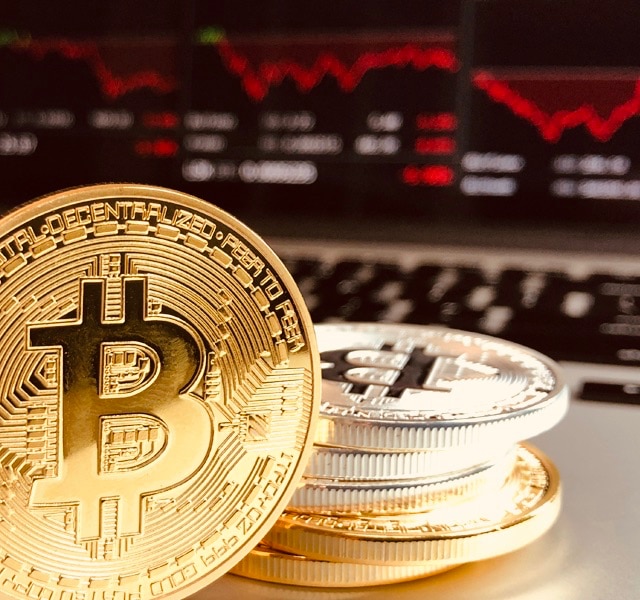If you could predict future GDP with perfect accuracy, here’s what your investment results would look like
If you could predict future GDP with perfect accuracy, here’s what your investment results would look like
If you could predict future GDP with perfect accuracy, here’s what your investment results would look like
A country's gross domestic product (GDP) growth announcement is one of the most heavily analysed economic data. Investment recommendations for a country's stock markets are continually made based on a projection of increased economic growth. With so much scrutiny into GDP, we are led to believe that this economic data point is critical to investment success.
Imagine that you were given the gift of foresight where you would know the exact final GDP number of a country a quarter in advance. Armed with this knowledge, you would buy the equity index if GDP growth accelerated, or go to cash otherwise.
The emphasis on GDP in investment recommendations should give such a prescient investor a massive outperformance over a naïve buy-and-hold strategy. Since historical GDP data is easily available, we can test such a strategy.
Over 70 years, the omniscient investor would actually have underperformed the naïve investor by one per cent per annum - and that is before taking into account broker commissions for the frequent switching between cash and the index, which would have increased the underperformance even further.
Why doesn't future GDP growth have a bigger impact on stock-market performance? We all know that a stock market's price is its earnings times its multiple. Earnings in turn are a function of sales multiplied by profit margin.
GDP is only a factor in the sales part of that equation. To diminish the impact on sales even more, in a global economy where many companies export a large part of their goods, much of a company's revenue is sourced from overseas, and therefore dependent on foreign growth and other variables such as currency exchange rates. Therefore the impact of GDP growth on stock-market price is very limited. Since aggregate GDP growth of a country with a diversified economy is also quite stable over the longer term, changes in profit margins and market multiples have a much-bigger impact.
Negative correlation
To go even a step further, there is plenty of evidence in both developed and emerging markets that GDP growth and stock-market returns are actually slightly negatively correlated. This means that lower GDP growth countries (2-3 per cent) have stock markets that actually outperform high GDP growth countries (over 5 per cent). The next time you hear an investment recommendation primarily based on a country's expected future GDP growth, you should ask for a stronger investment thesis to justify the investment.
With our example of the prescient investor who knows next quarter's GDP growth numbers, we can see that this knowledge gives no benefit in terms of investment performance. While the test focuses on GDP, frankly most other economic data points can also be shown to have very limited use in predicting future performance of stock markets.
Investors would do much better to focus on the two other parts that make up a stock market's price: profit margins, and market multiples (commonly referred to as the price/earnings ratio).
The biggest factor in determining an investor's long-term return in any investment is the price multiple paid today. Paying six times earnings with a 5 per cent annual dividend has a higher probability of turning a profit compared to paying 40 times earnings with no dividends, even if the first company grows at a much slower pace than the second.
A key benefit is that focusing on these two variables needs no special foresight, because both can be accurately and easily calculated using present data, and are widely reported. The knowledge of today's margins and multiples, combined with the tendency of these figures to fluctuate around long-term averages over the course of an economic cycle, becomes a much better tool to add to your investment portfolio decision making process.
By LEONARDO DRAGO
Co-founder of AL Wealth Partners, an independent Singapore-based company providing investment and fund management services to endowments and family offices, and wealth-advisory services to accredited individual investors.
YOU MAY ALSO LIKE

TEACHING THE NEXT GENERATION THE VALUE OF MONEY
When a stock that you own becomes the largest in the market, instead of a reason to continue to hold, it is actually a sell signal

Cryptocurrency frenzy points to it being one of history's biggest bubbles
Some may survive the inevitable bursting of this bubble and go on to do great things, like Amazon did

Surviving bear markets
Investors need a plan that has been proven historically to work and the discipline to follow it through
YOU MAY ALSO LIKE

TEACHING THE NEXT GENERATION THE VALUE OF MONEY
Some may survive the inevitable bursting of this bubble and go on to do great things, like Amazon did. For now, it's just speculative mania.

Cryptocurrency frenzy points to it being one of history's biggest bubbles
Some may survive the inevitable bursting of this bubble and go on to do great things, like Amazon did. For now, it's just speculative mania.
YOU MAY ALSO LIKE

TEACHING THE NEXT GENERATION THE VALUE OF MONEY
When a stock that you own becomes the largest in the market, instead of a reason to continue to hold, it is actually a sell signal

Cryptocurrency frenzy points to it being one of history's biggest bubbles
Some may survive the inevitable bursting of this bubble and go on to do great things...